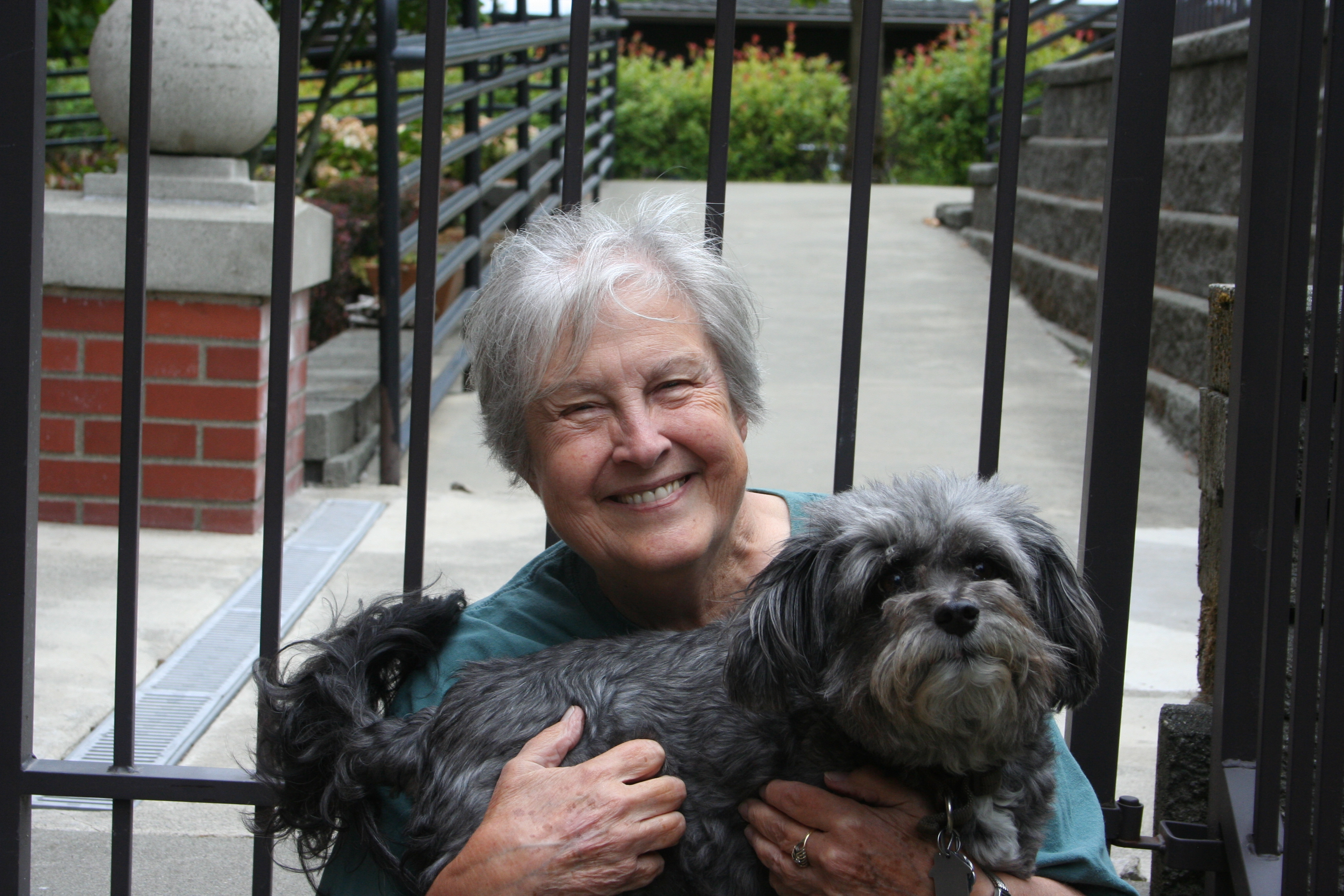
What inspired you to become a health educator?
My MPH field placement exposed me to work settings in which health education could be a highly flexible and challenging profession. Although I had considered several career paths in college, some form of education was always a goal. The blending of education, health information, environmental health, and cross-cultural challenges seemed perfect.
What is one of you most memorable career highlights?
Being commissioned in the U.S. Public Health Service, serving under Surgeon General C. Everett Koop, and being elected President of the American Public Health Association (APHA).
Who were your mentors or significant champions for your career?
Jeannette Simmons was one of the first health educators to truly encourage me to stay my career path. Judith Rae Miller and Peggy L. Kopf also taught me to forge ahead, try new things, and work in teams. Health education is definitely a team sport. In mid-career, M. Beth Benedict shared my visions and helped work to get APHA to award continuing education credits for more than just physicians. And CAPT Carol Rest-Mincberg and RADM Suzanne Dahlman were very supportive during my time working on my doctoral degree at the University of Maryland.
How were you involved in SOPHE or other health education organizations?
As an undergraduate, my major faculty emphasized the value of professional organizations for continuing education, networking, and staying current with professional issues. While at Yale, we were encouraged to attend the SOPHE/APHA meetings in Atlanta where I met Theodore Butterworth. He again reinforced the idea that professional organizations had an important place in one’s career. Thus, my first professional organization was the American Alliance for Health Education (AAHE), a part of the American Association for Health, Physical Education, Recreation and Dance (AAHPERD). At Yale, as we neared graduation, our major professor, Lowell Levin, asked us each for $5.00 (maybe $10.00), which we thought was a graduation fee. With money in hand, he announced that we were all now student members of SOPHE!
When I was transferred to Seattle, Judy Miller immediately got me involved in the Pacific Northwest (PNW) SOPHE Chapter where I was able to network with other health educators and UW faculty (esp. Betty Mathews and Elta Mae Miller). I edited the PNW newsletter (yes, Xeroxing and stapling it together) for 10 years and held most of the local offices. SOPHE was a nice sized group of friendly and supportive professionals who usually made time for younger professionals. But during the conjoint meetings of SOPHE and APHA, Judy Miller observed that many of us were deeply involved in both organizations and should select one primary organization on which to concentrate. At the time, I was more involved in the Public Health Education Section, so I chose APHA.
I was also involved in the early years of the National Commission for Health Education Credentialing, where I was privileged to serve two terms as Board Chairman, following Alyson Taub and (I think) Beverly Ware. In a peripheral way, I presented at AMSUS and the Society for Applied Anthropology, and continue to be a Life member of both organizations, along with the Commissioned Officers Foundation of the U.S. Public Health Service, where I served two years as President after my retirement.
What motivated you to donate to SOPHE?
I have the utmost admiration and affection for SOPHE’s leadership and membership, especially its CEO Elaine Auld, and wanted to support an organization that has supported me throughout my career. And, with SOPHE’s size, a small gift goes a long way. And, quite simply, SOPHE asked me for help – and I was glad to be on a position to do so.
What advice would you give new professionals just entering the health education field?
Given today’s interconnectedness, a professional organization may seem like an unnecessary expense for a new professional. But never discount the power of face-to-face networking and learning. Also, when seeking employment, don’t just look at the title of a job but also the skills it requires. And, know that as a trained and certified health educator, you are able to do a wide variety of jobs which may not have a direct connection to health education, but which health education has prepared you to do.
Is there anyone you to whom you would like to dedicate this webpage?
I dedicate this page to Peggy Lou Kopf, RN, MPH, who was a consummate health educator and health planner, as well as my mentor, best friend, and wife for over 30 years.
Closing advice?
Never discount the importance of giving, even a few dollars on a regular basis, which accumulate and lead to greater investments in the public’s health. Value and care for your professional family, respect those who blazed the trail and went before, and listen to the next generation.
